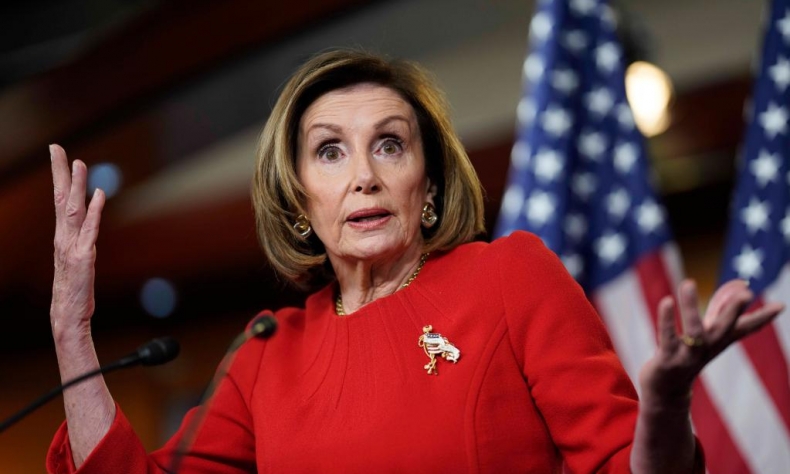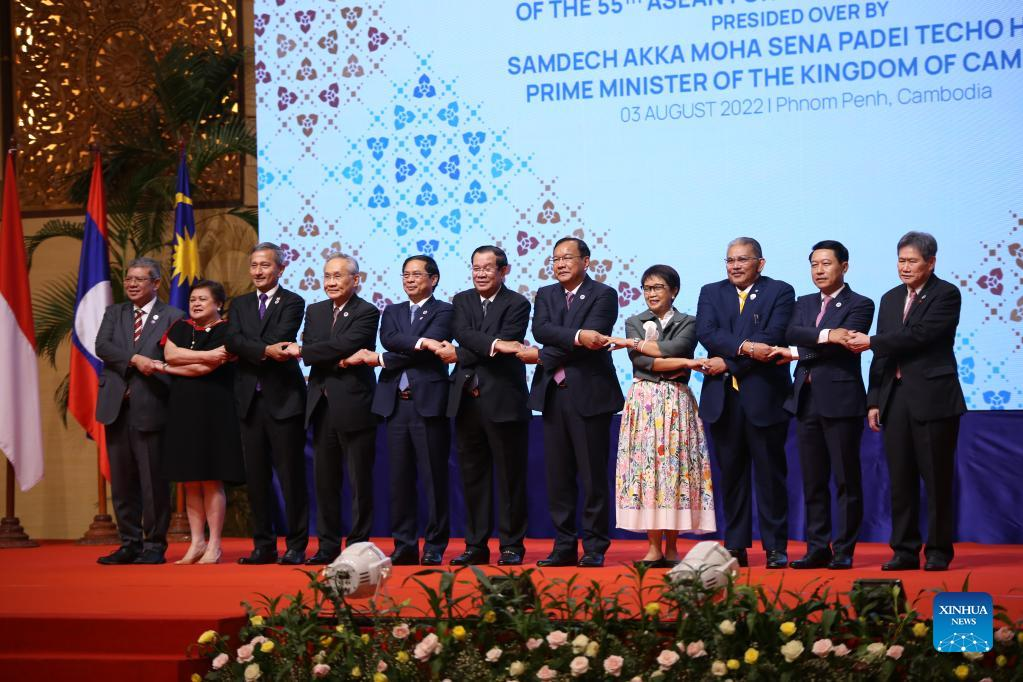How Pelosi’s Visit Impacted Southeast Asia

The Biden administration needs to review its policy of confrontation with China in the interest of its relationship with ASEAN countries because if it continues along this path, all parties involved will suffer.
The visit of U.S. Speaker of the House of Representatives Nancy Pelosi to China’s Taiwan region on August 2-3 has triggered strong reaction. China considers it a provocative action undermining the one-China principle. Pelosi’s status as the House speaker makes her the No.3 in the American Government, right after the president and vice president. In 1997, then U.S. House Speaker Newt Gingrich went to Taiwan, but as a Republican he belonged to a different party than Bill Clinton’s administration. However, Pelosi comes from the same Democratic Party as President Joe Biden. It’s almost safe to say Biden and Pelosi share the same position.
China had since conducted a series of military exercises in the Taiwan Straits as a sign of protest and preparedness. So the question is, what about the reaction of members of the Association of Southeast Asian Nations (ASEAN)? Plus, what has the visit actually accomplished?
Amid rising tensions, the ASEAN foreign ministers stated before the start of their annual meeting in Phnom Penh, Cambodia, on August 3 that they would be calling on all parties to refrain from taking provocative action and uphold the principles enshrined in the UN Charter and the Treaty of Friendship and Cooperation in Southeast Asia. One must further stress that the Southeast Asian region has already experienced much pressure due to the ongoing Sino-American hostility, and Pelosi’s visit to Taiwan aggravated the situation.
ASEAN has issued a statement detailing the importance of preserving the stability of the region: “ASEAN is concerned with the international and regional volatility, especially in the recent development in the area adjacent with the ASEAN region, which could destabilize the region and eventually could lead to miscalculation, serious confrontation, open conflicts and unpredictable consequences among major powers.” Although the statement did not specifically name the U.S. or China, it clearly referred to the tensions arising from Pelosi’s visit.

The ASEAN countries visited by Pelosi were Singapore and Malaysia. These two countries welcomed her on the principle of neutrality, considering that the U.S. is still the largest economy in the world and has economic interests in the Southeast Asian region. And American electronics companies such as Intel and Motorola have large investments in Malaysia.
Pelosi’s visit can be described as a continuation of the ASEAN leaders’ visit to Washington, D.C. on May 12-13. This is part of the political planning of the Biden administration to strengthen relations with Southeast Asia; relations that were strained during Donald Trump’s presidency. However, ASEAN countries such as Malaysia can balance relations with both China and the U.S. For example, Malaysia also welcomed Chinese Foreign Minister and State Councilor Wang Yi in July.
The second question is, what did Pelosi’s visit accomplish? Pelosi’s visit to Singapore and Malaysia has surely strengthened bilateral relations to some extent. In addition, Western media publicized the visit to Taiwan as a “victory” for the U.S. But upon closer inspection, Pelosi’s Taiwan trip has actually exposed the island province to more significant risks. The mainland is Taiwan’s biggest export market and the largest source of trade surplus, and many entrepreneurs from Taiwan have businesses and factories in the mainland. Consequently, the impact of Pelosi’s visit is not limited to security and diplomacy but includes the economic interests of Taiwan.
Several former senior U.S. officials, too, have pointed this out. For example, Max Baucus, former U.S. Ambassador to China and a former Democratic senator from Montana, thinks that U.S. foreign policy should aim to reduce tensions with China, not escalate them. According to Baucus, Pelosi’s visit only amplified the existing strain. Phil Mudd, a political analyst and former CIA officer is of the same opinion. The U.S. should channel more aid to restimulate businesses and cooperate in economic recovery efforts, he stated.
The Biden administration needs to review its policy of confrontation with China in the interest of its relationship with ASEAN countries because if it continues along this path, all parties involved will suffer.
The author is an associate professor at the University of Malaya.
 Facebook
Facebook
 Twitter
Twitter
 Linkedin
Linkedin
 Google +
Google +










